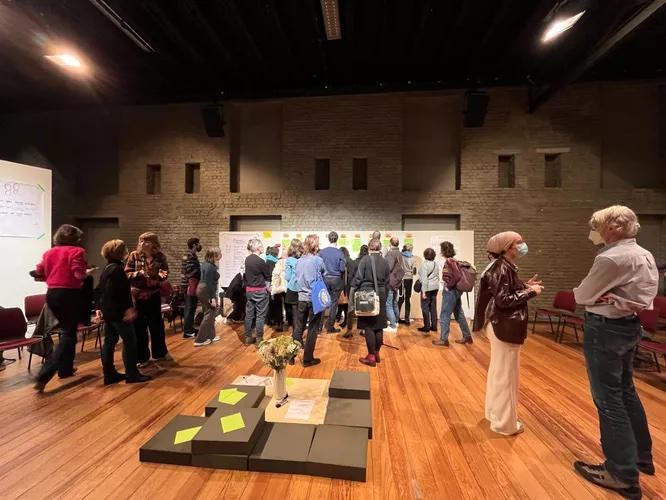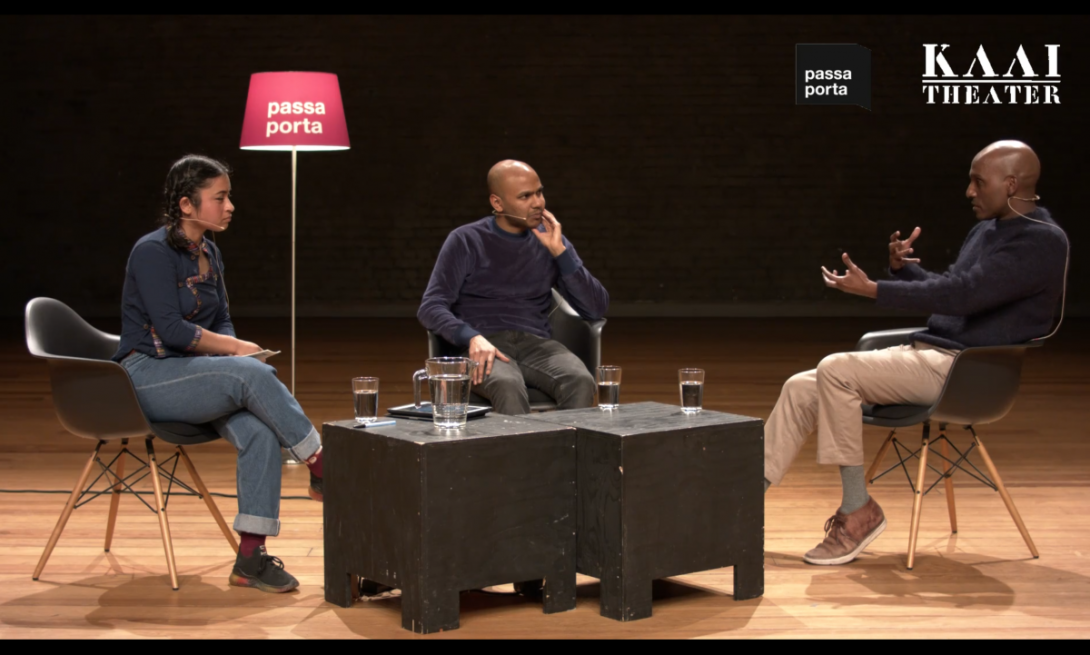The Wonders of Multilingualism: summary evening #1
04.04.22
Here is a brief summary of the major topics that were discussed on 8 February 2022. While analysing the reports and the remarks of the participants we found that several ideas and questions could be grouped as follows:
- On the concept of the mother tongue
- The mother tongue is often still a kind of cultural taboo. People – parents, writers and artists dealing with language - are usually supposed to be loyal to their unique mother tongue or ‘native language’, which would define their (cultural, national) identities… but they may feel more comfortable using another language.
- The mother tongue is a monolingual concept (cfr. Yasmine Yildiz) that is becoming irrelevant for many people, especially for those who grew up in multilingual contexts and families. There are more and more people who don’t identify with ‘having one mother tongue’.
- What do your linguistic preferences and the languages you master really tell about you and your work?
- Many feel a need for a new term to make the label fit better to the complex reality.
- On becoming estranged from a language for political or other reasons
- Leaving behind a language out of choice or being forced to do so in new (cultural, economical, political…) contexts.
- Writing, creating, performing in (an)other languages than your own can give way to more room for creativity
- How? Under what conditions?
- In failure (linguistic imperfection) there is also room for freshness.
- How many mistakes can we make when using other languages without losing credibility and confidence? How far does the tolerance go?
- The politics and poetics of non-translation in an artistic context
- Learning how to deal with and relate to non-understanding as part of the artistic experience (in performance arts, film, books)
- When we are aware of the fact that in such multilingual events/texts… there is not one dominant audience group who ‘understands it all’, there is an experience of complementarity and equality.
- Languages and generations
- Multilingualism can be a tool for intergenerational bonding but also a cause of conflict.
- Many children can get emotionally disconnected from their families because of growing communication problems when losing a common language.
- Different attitudes towards the language spoken at school and the language(s) spoken at home.
- A matter of pride and positive reinforcement.
- Official languages (for culture, education, politics, media…) versus how languages work and evolve in real life (‘streetwise’).
- Language and power relations
- There is always a (sometimes hidden) hierarchy of languages. Some are languages of power and prestige (e.g. English or French) while other languages are under pressure in times of immigration.
- We are still carrying on the colonial mindset where the immigrant learns the language of power while the privileged don’t (feel the) need to learn the language of immigrants.
- Multilingual education and awareness from an early age on helps to get rid of misplaced monolingual superiority.
- We need to rethink and decolonize our relationship with certain languages too.
- Why couldn’t the study of Arabic (a.o.) be an alternative to Ancient Greek at school?
- Evolving, emerging and dying languages (and sociolects, creoles and dialects…) in times of globalisation
- How can a language (dialect…) survive when its culture is threatened?
- Languages may be forgotten but never really ‘lost’.
- Artists, writers can find ways to revive languages, dialects, sociolects…
- But you also need a strong political will to keep languages alive.
- As a result of migration and globalisation, floating languages and identities are created. What is their future, their impact, and how will they be dealt with?
- Is creolisation the future?
- What is the responsibility of the author towards the languages they use?
- The joys of being multilingual
- Multilingualism is too often seen as something that’s hard to deal with, and only for the elites – which is far from reality.
- A campaign to stress and share the joys of learning and using ‘foreign’ languages
- Access to and knowledge of new languages open the door to new cultures, new experiences of reality

